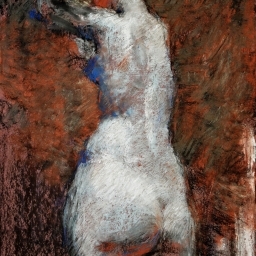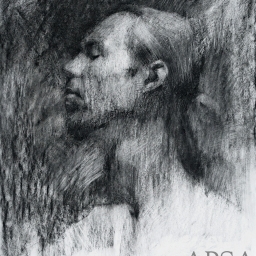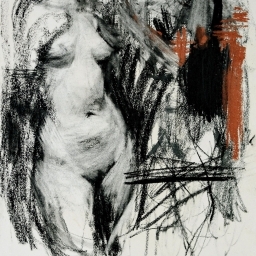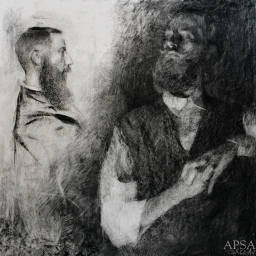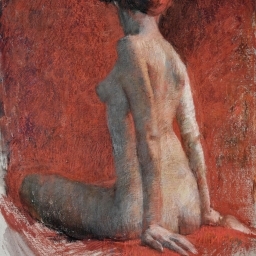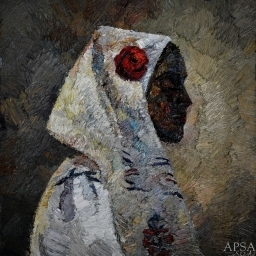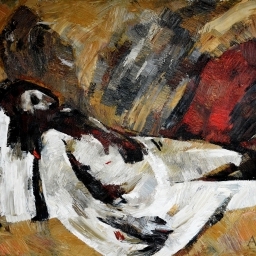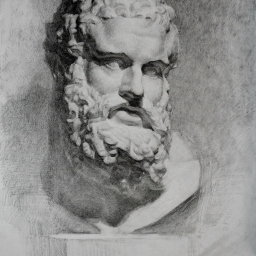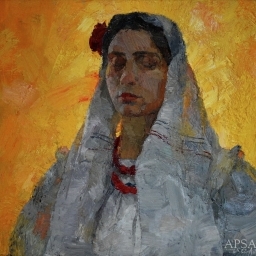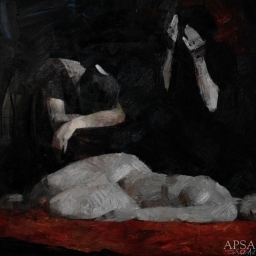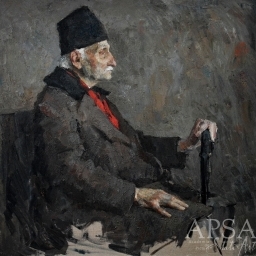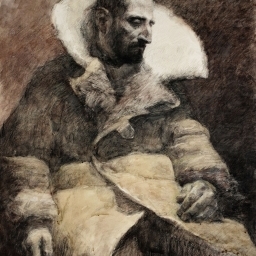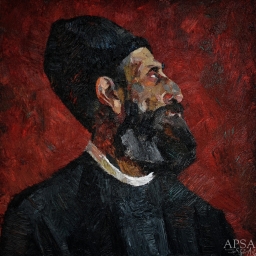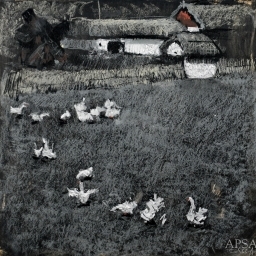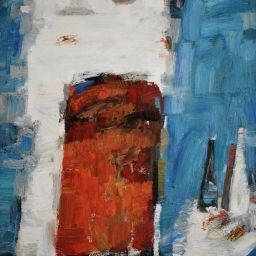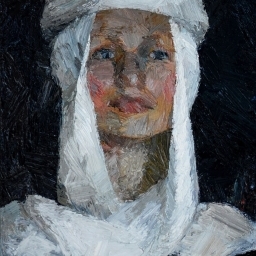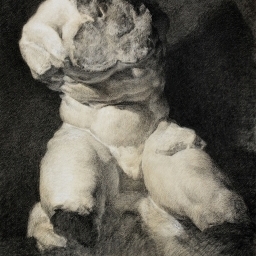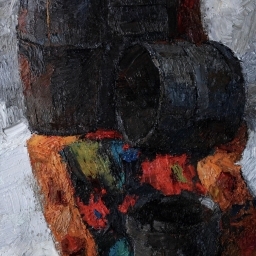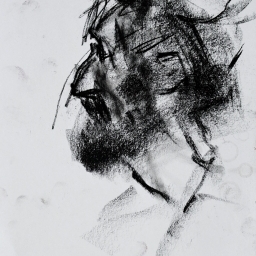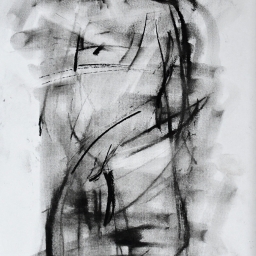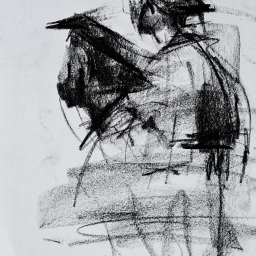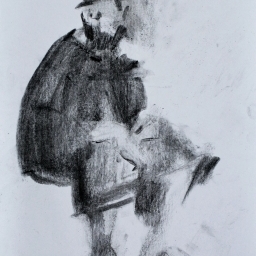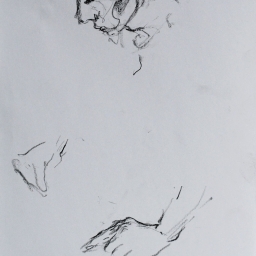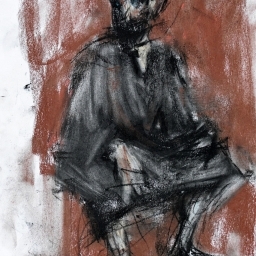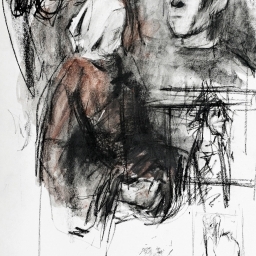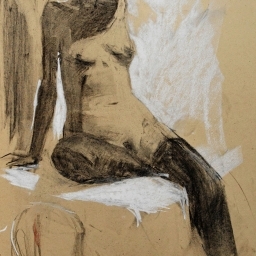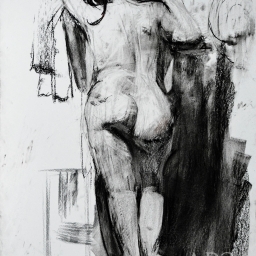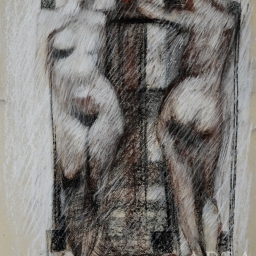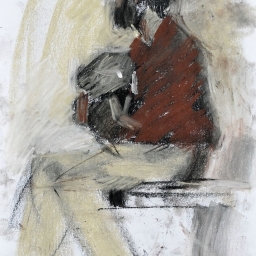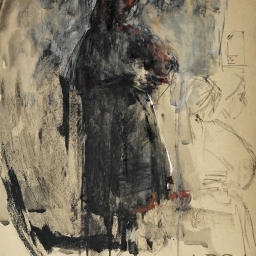The Academy of Painting "Stati Art" is an institution that comes with a model of restructured programme for contemporary artistic higher education that focuses on academic study and aims to training specialists of high professional qualification and artistic maturity.
Easel painting has been a fundamental pillar academic artistic education worldwide focused on for decades. At present it is losing its topicality, being substituted by independent artistic initiatives that focus on shapes and innovative practices which have an experimental nature and which are becoming more visible in art education programmes. All these lead to a distortion of the concept of "school" and to insufficient training of students. In this context, the Academy of Painting "Stati Art" aims to revalue and give continuity to academic study in the field of Easel Painting.
The feasibility of the Academy of Painting "Stati Art" is conditioned by factors such as:
The Academy of Painting “Stati Art” consists of the Faculty of Fine Arts with its Department of Painting.
The curriculum is structured in stages of study and subject modules, which ensures continuity and relevance of training. The study of fundamental and specialty disciplines - drawing, painting, composition is an advanced and thorough one, has a duration of 4 years and represents the structural basis of the programme. Also, APSA artistic training is based on an additional programme of study: introductory practical training and specialty practical training - the technique of painting and drawing en "plein-air". APSA organises three stages of specialty practical training an academic year, within creative camps.
The Academy provides didactic training via a psycho-pedagogical module, which includes also teaching practicum in art schools and within creative camps organised with high-school students.
APSA provides the Bachelor’s programme for the specialty Painting which is a full-time programme of study with the duration of four years, consisting of 240 transferable credits. The Academy also provides optionally training via a psycho-pedagogical module consisting of 60 transferable credits. Graduates receive the academic title Bachelor of Fine Arts.
In order to ensure continuing education of its students, for an efficient organisation of the educational process, APSA signs partnership agreements with other institutions of higher education in the country and abroad.
ASPA uses separate premises to organise tuition in fundamental and specialty subjects within the curriculum framework. It has painting and drawing workshops, artistic anatomy room, and exhibition hall, classroom equipped with computers. All material and technical basis of APSA, as well as its methodological and informational resources ensure high-quality artistic training and are of the highest level, corresponding to specialty international standards.
In accordance with the requirements of national and international integration of values, academic education in APSA is closely related to the promotion of artistic works, creation and preservation of artistic values and research in the field of arts. An educational institution should develop in its students professionalism, critical thinking, competitiveness, analytical and artistic skills and perfection, taking into consideration students’ educational needs and making them able to create and contribute to the enrichment of cultural and spiritual heritage. Thus students will contribute to the evaluation of the educational process and will be considered partners in the cultural projects of the Academy. In this respect, APSA provides and develops resources and tools necessary to run the processes of education, artistic creation and scientific research, according to the quality standards necessary for competitiveness in the European Higher Education Area.
\